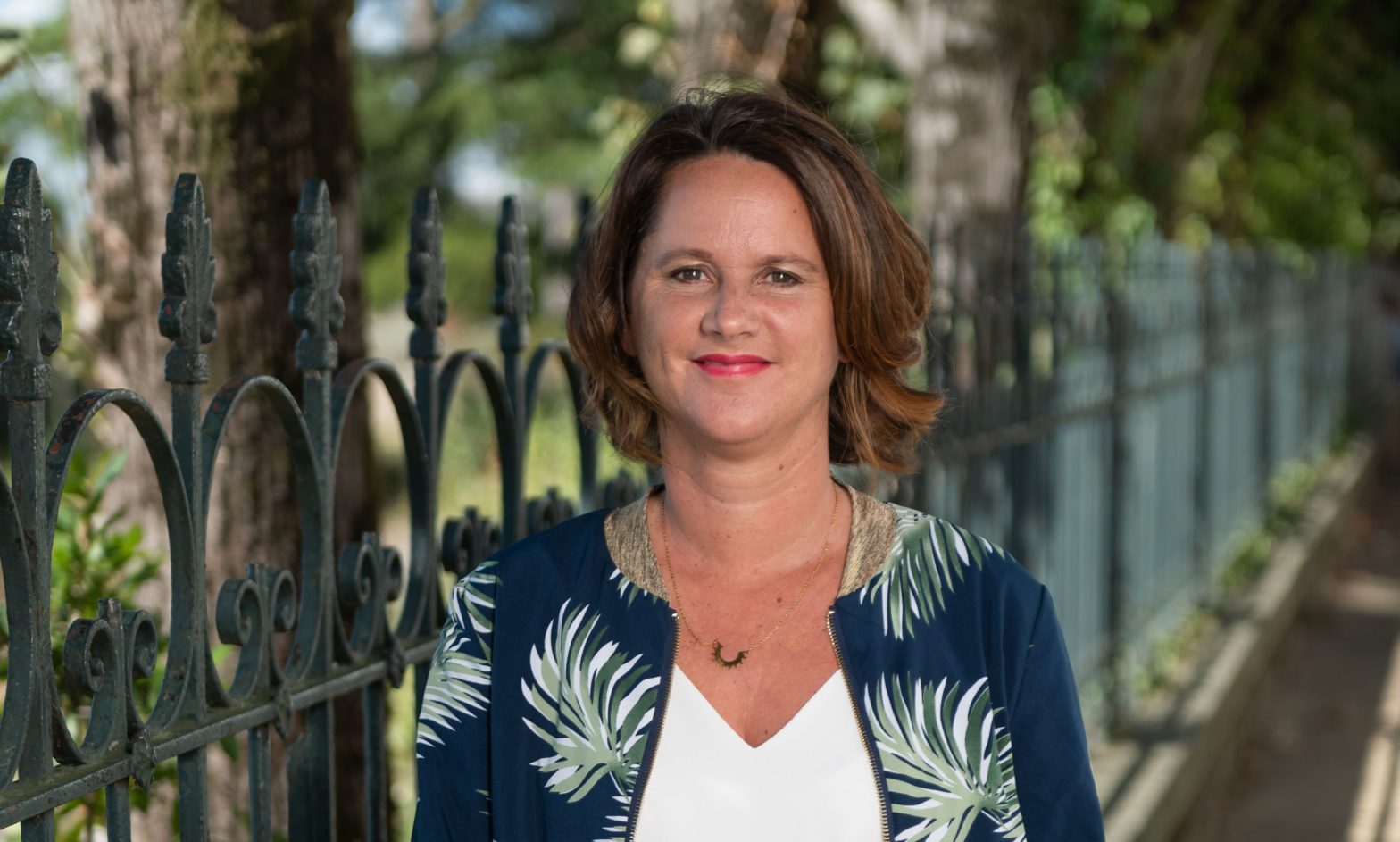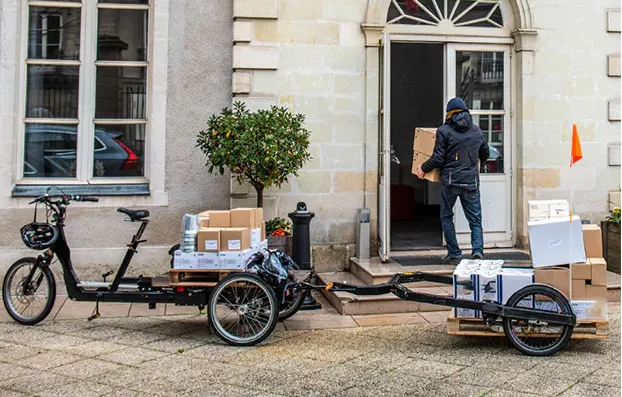
Photo: City of Nantes
Nantes wants to be France’s first ‘non-sexist’ city
31 July 2023
by Sarah Wray
While progress has been made on equality for women, there is still much work to do, says Nantes Mayor Johanna Rolland.
She said the European Union’s ratification of the Istanbul Convention on preventing and combatting violence against women and domestic violence was a “great step forward”, but highlighted other ongoing challenges.
“Beyond the issues of the persisting 13 percent gender pay gap as well as the 29 percent gender pension gap in Europe, we are seeing a backlash against women’s rights and equality in Europe and worldwide,” Rolland told Cities Today.
Nantes has set the goal of becoming “the first non-sexist city in France by 2030”.
Rolland is a member of the Eurocities Executive Committee and Nantes is a founding member of the network’s new Task Force on Gender Equality, along with cities such as Vienna, Glasgow and Barcelona. Together, Rolland says the cities want to “build a strong voice to inform EU policy-making” and they will also work towards a “gender mainstreaming approach” through areas such as gender budgeting and gender-sensitive urban planning.
Towards a ‘non-sexist’ Nantes
Action is underway in Nantes.
In 2016, out of all 3,000 street and public facility names in the city, 1,100 were named after men (36 percent) and just 108 had women’s names (3.6 percent). The mayor reports that by June 2023, 166 new female names had been added, more than doubling the list.
Further, since 2020, heritage or ‘patrimonial’ days (Les Journées du Patrimoine) have also been named matrimonial days (Les Journée du Matrimoine) to highlight the role of women in the history of Nantes.
“Nantes is committed to combatting violence against women,” says Rolland. One flagship initiative she cites is the construction and opening of Citad’elles in 2019. The refuge for women and children who are victims of domestic violence is open 24 hours a day, 365 days a year and welcomes around three new victims every day.
“This is a major commitment by the City of Nantes and its metropolitan area, with an annual budget of €2 million,” Rolland comments. “In November 2022, Nantes also organised the first national conference on the fight against gender-based violence, attended by 2,500 participants on site and 3,000 via streaming.”
Another initiative focuses on universal and free access to sanitary protection for women and on breaking down taboos regarding menstruation. The city has already positioned 30 sanitary protection dispensers in public facilities with many more to come, the mayor said.
Nantes is also designing and redesigning public spaces and school playgrounds with equality in mind. A third of all school playgrounds will be redesigned by 2026, incorporating environmental upgrades and involving children in the design process.
City voice
Rolland believes that cities need a stronger voice in European policy-making more broadly too.
“Many European initiatives are aimed at cities, encouraging them to implement European policies. To achieve this, European institutions wish to mobilise as many cities as possible, but resources do not always match up,” she comments.
“There is a real need for more financial resources, and sometimes for legislative changes from Europe, as well as from the national level too.”
She added that some European initiatives put cities in competition with one another and “there are so many of them that it’s hard to find one’s way round”. Reporting requirements can also be onerous.
The mayor calls for a European governance framework for urban issues; a “simplified toolbox” for cities, with technical support; and increased financial support to meet needs related to climate change, energy transition, housing and urban poverty.
“EU funding programmes must be strengthened and aligned with the needs of cities,” says Rolland. “EU programmes could be enhanced by allowing the Commission to enter into financial agreements directly with cities, or via direct funding.
“Collaboration with the EIB [European Investment Bank], which is already underway, must be strengthened further,” she added.
Climate mission
Nantes Métropole, the combined authority of 24 municipalities, is part of the EU’s 100 Climate-Neutral and Smart Cities by 2030 mission. Central strategies for Nantes include energy restraint coupled with the production and use of renewable energies. Nantes Métropole will upgrade its climate plan in 2024 around key policies: district heating, solar energy and renewable heat.
The mayor highlighted progress to date. By 2021, almost 40,000 homes, representing 12 percent of all metropolitan homes, were connected to one of five heating networks – 74 percent of which are powered by renewable or recovered energy. In Nantes, almost half of social housing is connected to district heating, and Nantes Métropole offers companies switching to renewable heat both technical and financial support.
In addition, three major photovoltaic power stations are in place as part of Nantes Métropole’s solar plan for electricity and heating production, launched in 2015. People can assess the solar potential of their roofs using a free online tool called Solar Map.
Residents are also being encouraged to switch from cars to public transport and active travel. In 2021, public transport season ticket prices were reduced by 20 percent and weekend travel is free for all.
“The annual cost for these measures is around €10 million,” says Rolland.
According to Rolland, who is also President of Nantes Métropole, the major challenges to achieving carbon neutrality as soon as possible are finance, the evolution of legislation, expertise, and human resources.
“Society as a whole needs to be committed,” she says.
Nantes Métropole has brought together a wide range of partners in its City Mission, including the university, business groups and of local associations.
Nantes is also part of the European pilot cities programme with a focus on mobilising citizens around reducing carbon emissions.
“Each year we are supporting 1,000 households in this transition,” says Rolland.
“And we should never forget that the ecological transition will only happen if we systematically take into account social justice.”











